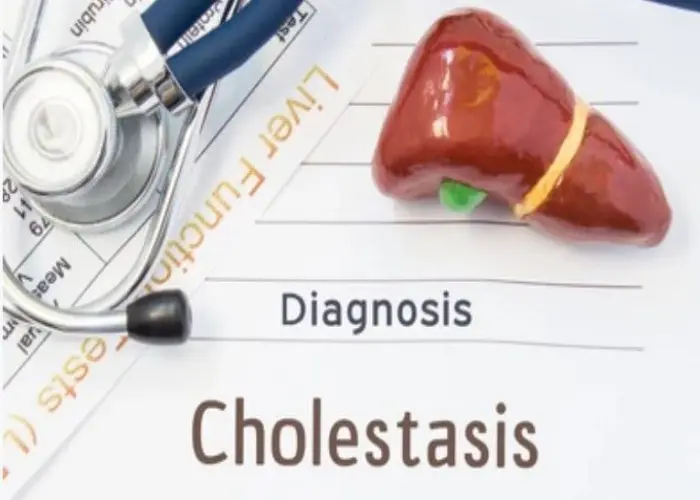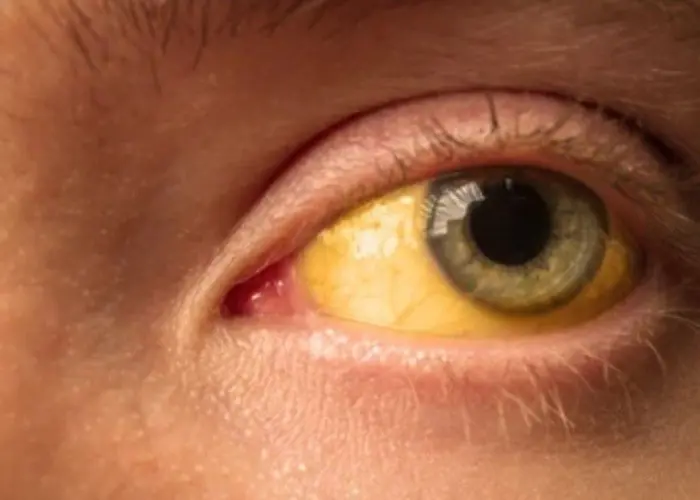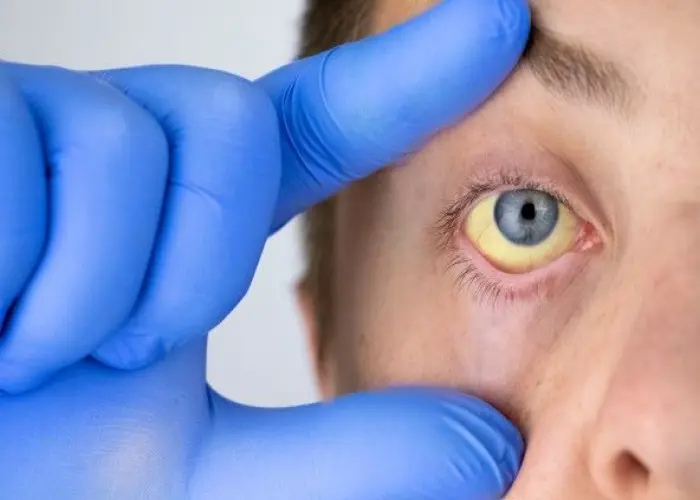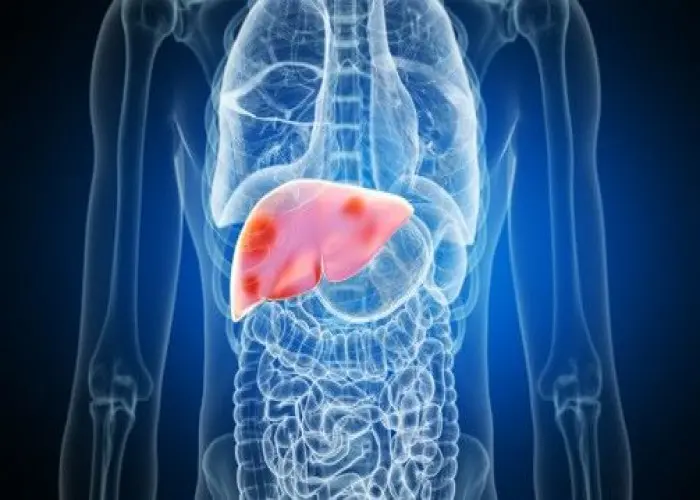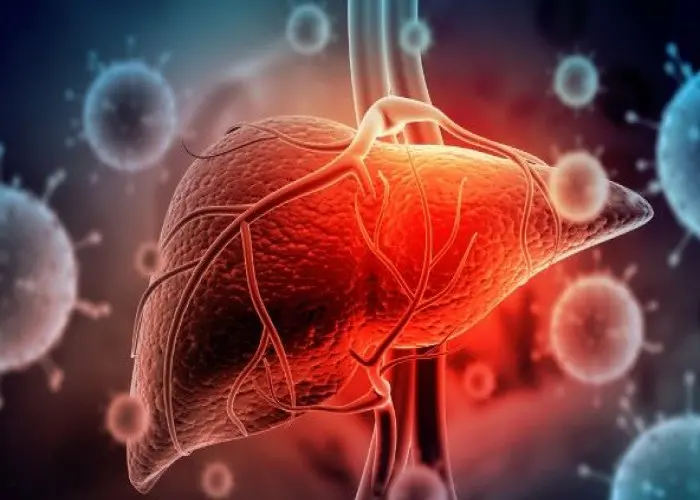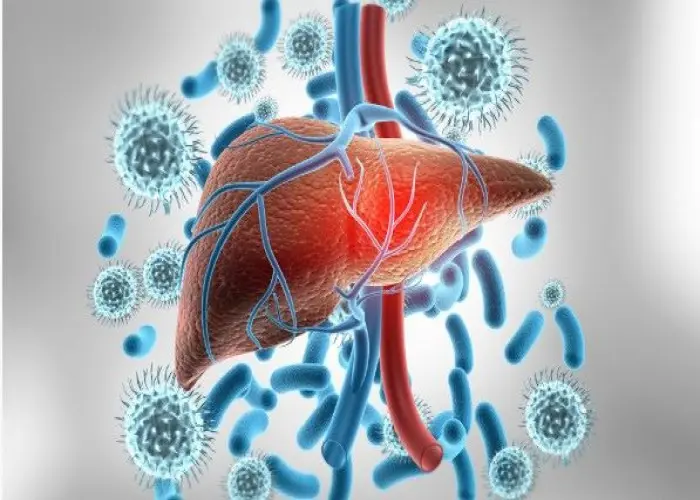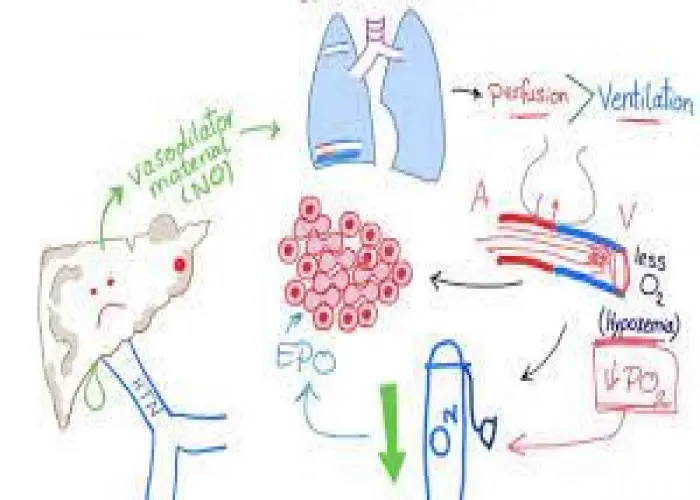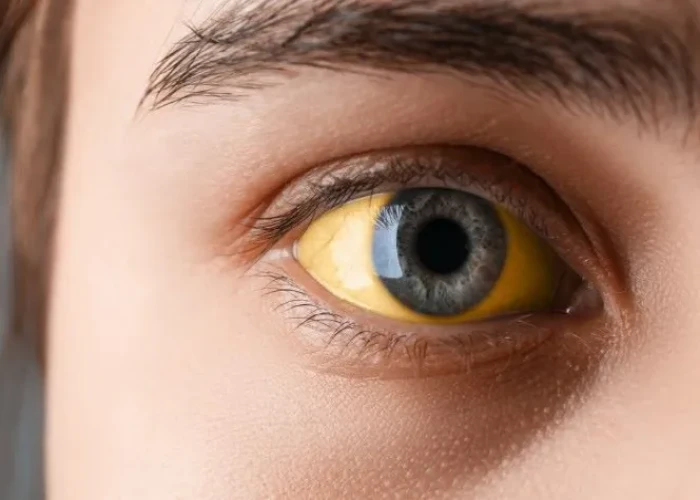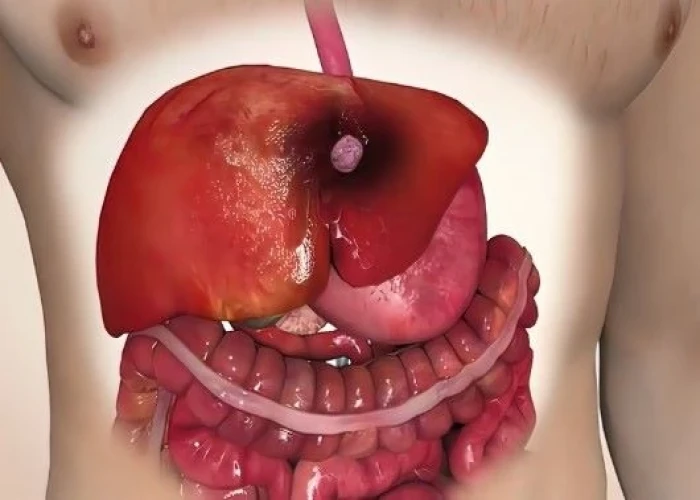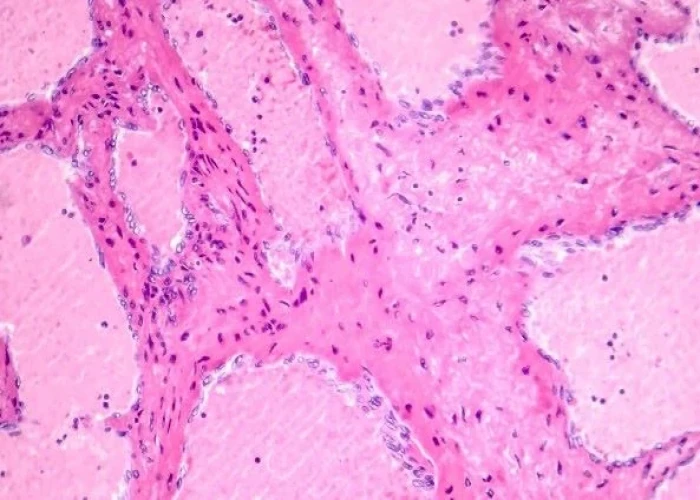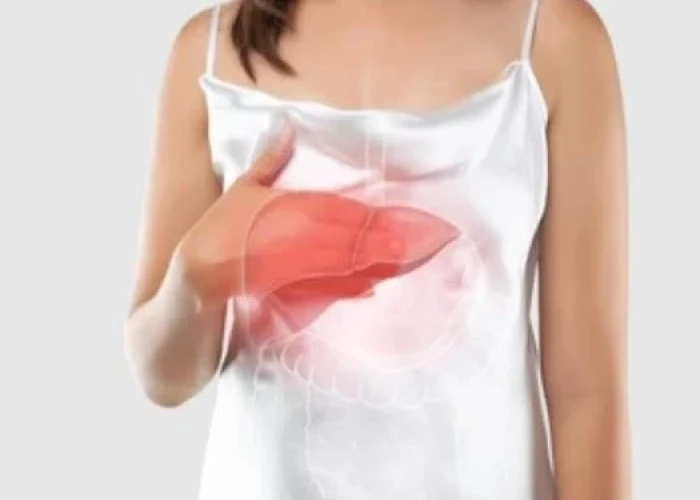 Welcome
Welcome
“May all be happy, may all be healed, may all be at peace and may no one ever suffer."
- A
- B
- C
- D
- E
- F
- G
- H
- I
- J
- K
- L
- M
- N
- O
- P
- Q
- R
- S
- T
- U
- V
- W
- X
- Y
- Z
Liver - Diseases
The liver is a large, vital organ located in the upper right side of the abdomen, just below the diaphragm. It performs a wide range of functions that are critical to the body's overall health and well-being.
One of the liver's primary functions is to process nutrients from the food we eat and convert them into forms that can be used by the body's cells. It also produces bile, a fluid that helps digest fats and remove waste products from the body.
The liver also plays a key role in detoxifying harmful substances in the body, such as alcohol and drugs. It breaks down these substances into less harmful compounds that can be eliminated from the body.
In addition, the liver stores vitamins and minerals, produces blood-clotting factors, and helps regulate blood sugar levels. It also plays a role in the immune system, helping to fight infections and produce antibodies.
Various conditions can affect the liver, including hepatitis, cirrhosis, and liver cancer. These conditions can cause a range of symptoms, including fatigue, abdominal pain, jaundice, and fluid buildup in the abdomen.
Treatment for liver conditions depends on the underlying cause and may include medication, lifestyle changes, or in severe cases, surgery or liver transplantation.
In summary, the liver is a vital organ that performs numerous functions critical to the body's overall health and well-being. It processes nutrients, produces bile, detoxifies harmful substances, stores vitamins and minerals, regulates blood sugar, and plays a role in the immune system. Various conditions can affect the liver, and treatment depends on the underlying cause.

Vocal cords
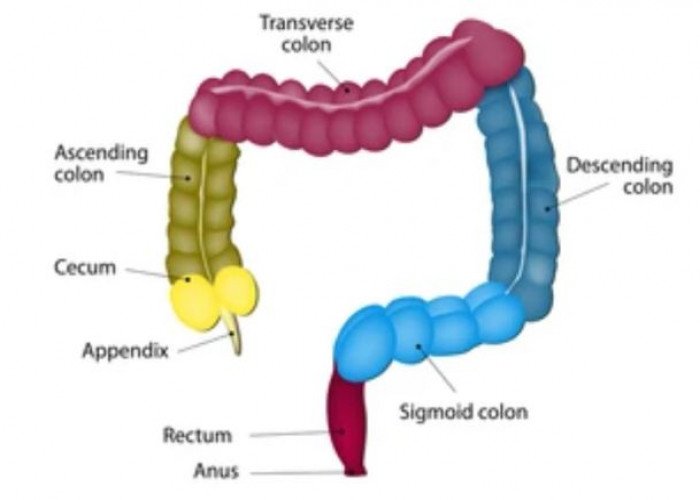
Large intestine
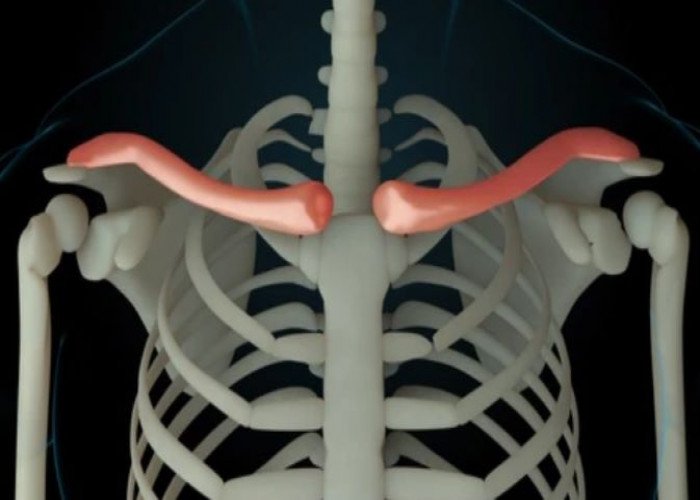
Collarbone
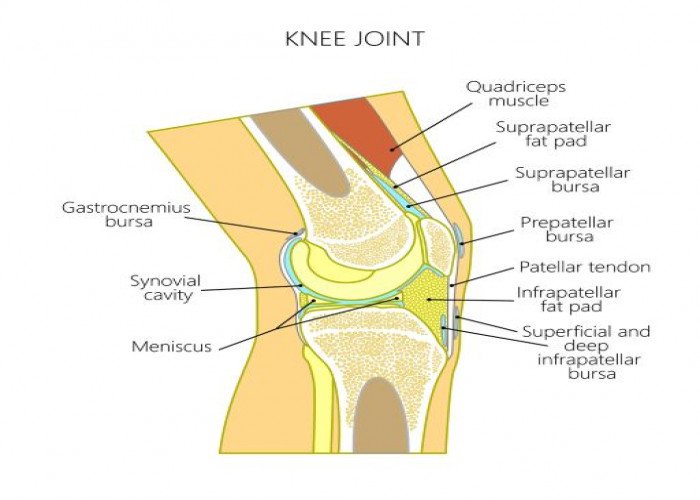
Knee

Lens Eye
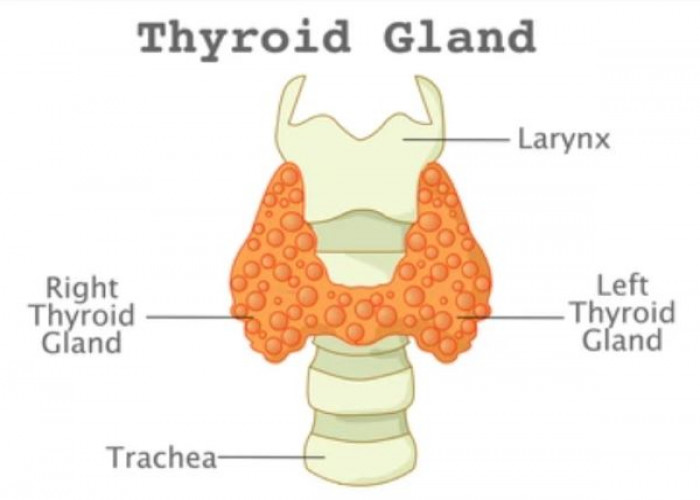
Thyroid gland
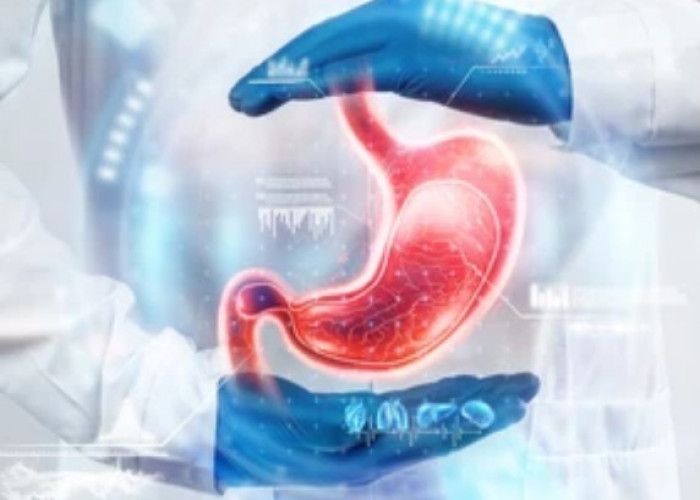
Stomach
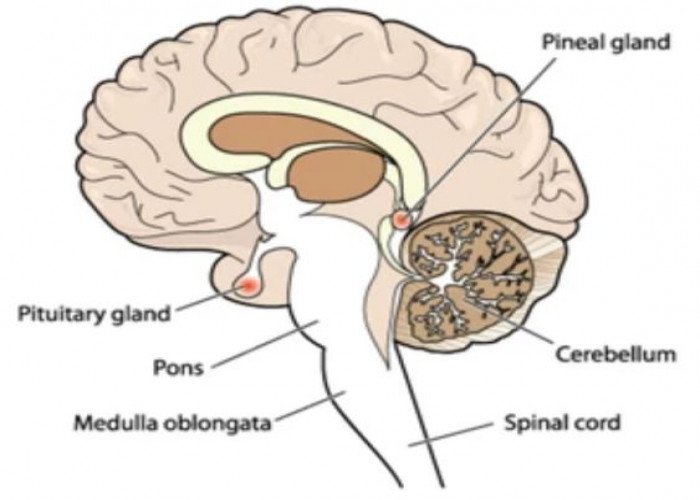
Pituitary gland
Liver, Fatty liver, Liver function, লিভার
To be happy, beautiful, healthy, wealthy, hale and long-lived stay with DM3S.



